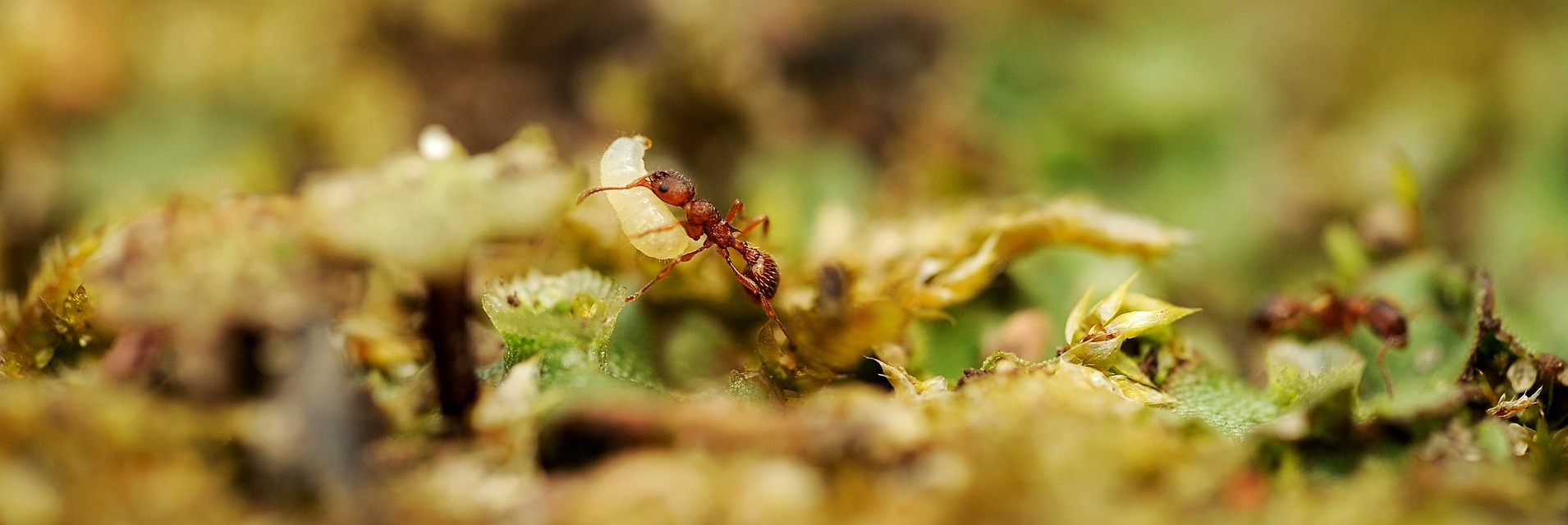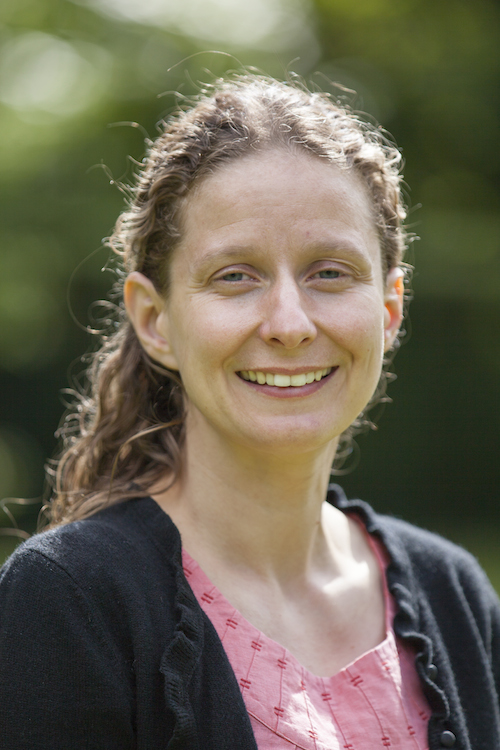
Thanks Susann Mielke, the cooperative photographer who made this image freely available on Pixabay
The simple act of buying a coffee and a croissant in a coffee shop rests on a massive chain of cooperation dating back thousands of years. There was the growing and processing of raw materials, sourcing and supplying them, manufacturing products, setting up a business, training staff, and so on. Perhaps the most important links in this chain were the people who shared their knowledge about all those processes across the globe, and over many generations.
Humans are unusually cooperative, but other living organisms also play the same game. In Supercooperators: Evolution, Altruism and Human behaviour, or Why we need each other to succeed, the biological mathematician Martin Nowak, and his cooperating co-author the science journalist Roger Highfield, explain how this process works.
Cooperation happens when would-be competitors decide to work together. Bacteria go hunting in groups. Ants form societies, and so do bees, mole rats and meerkats. Nowak has found that cooperation was important in the origin of life, the evolution of language, and the ways in which organs work together in a body. For him cooperation, not competition, is the defining human trait, and evolution equals mutation plus selection and cooperation.
Nowak uses mathematical techniques to look at theoretical communities and the conditions that help cooperation to take hold and flourish. He has shown that cooperation is compatible with survival in competitive environment, and his work has been backed up by experimental studies on a range of different species, from bugs to human beings. For him, “The way we human beings collaborate is as clearly described by mathematics as the descent of the apple that once fell in Newton’s garden.”
For instance, it is entirely possible that our big brains evolved to cope with gossip, and our guts contain glands to deal with the breakdown of cellular cooperation – also known as cancer.We are more generous if we feel watched, having fewer friends binds our fate closely to theirs, andif we cooperate we are likely to become surrounded by other cooperators. It might be less risky to be selfish, but the outcome is better overall if we cooperate – even at some personal cost.
According to Nowak, evolution would not make any progress without cooperation, because “Cooperation is the architect of living complexity.” Natural selection on its own would rid the population of co-operators, but cooperation – “the snuggle for existence” – helps the process of evolution along by increasing fitness of population. He claims that cooperation underpins innovation, and that creativity is best driven by a carrot, not a stick.The cost of punishment is usually so high that it isbetter to reward co-operators. This dynamic results in more creative forms of cooperation, so“Reward, not necessity, is the true mother of invention.”
There are five main ways in which living things can cooperate. First, there is ‘tit-for-tat’ cooperation between creatures that come into direct contact with each other, such as the vampire bats that share blood meals – especially between those that groom each other. Second, and more indirectly, there is cooperation that relies on reputation. If I see you helping others, or hear that you did so, I am more likely to help you. The third way of cooperating is to do with orientation in space. Where there are lots of connections between organisms, they can flourish together. Fourth, group cooperation happens where small groups work together, and finally, groups of related organisms can also work together.
Humans are the supreme cooperators of the animal world, and that is why we have been so successful as a species.We can make good use of all five methods of cooperation – especially the reputational kind – but we absolutely cannot rest on our laurels. Over time, the ability for individuals to cooperate comes and goes, and that affects society. There is always a tension between what is good for society and what is good for individual, which can cause conflicts. According to the authors, “Global human cooperation now teeters on a threshold.” Cooperation may have increased the size of the human population, but that caused even greater battles over resources. So in our newly expanded society we need to find new ways to work together on a global scale.
Nowak’s hope is that we can design our surroundings – our architecture, or laws, even our internet – to help ourselves work together in a more enduring way. We can also remember that we are cooperating with future generations all over the world, and not just our grandchildren, because “Those civilisations that have solved the problem of cooperation will persist in the cosmos.”
To finish, I love the note in the acknowledgements section of this book, that says, “It is a lovely and intoxicating thought that a high degree of cooperation in required to understand cooperation.” Let’s be inspired by the degrees of cooperation it took to get where we are, because “Now, more than ever, the world needs supercooperators.”

© Faraday Institute
Ruth Bancewicz is a Senior Research Associate at The Faraday Institute for Science and Religion, where she works on the positive interaction between science and faith. After studying Genetics at Aberdeen University, she completed a PhD at Edinburgh University. She spent two years as a part-time postdoctoral researcher at the Wellcome Trust Centre for Cell Biology at Edinburgh University, while also working as the Development Officer for Christians in Science. Ruth arrived at The Faraday Institute in 2006, and is currently a trustee of Christians in Science.




